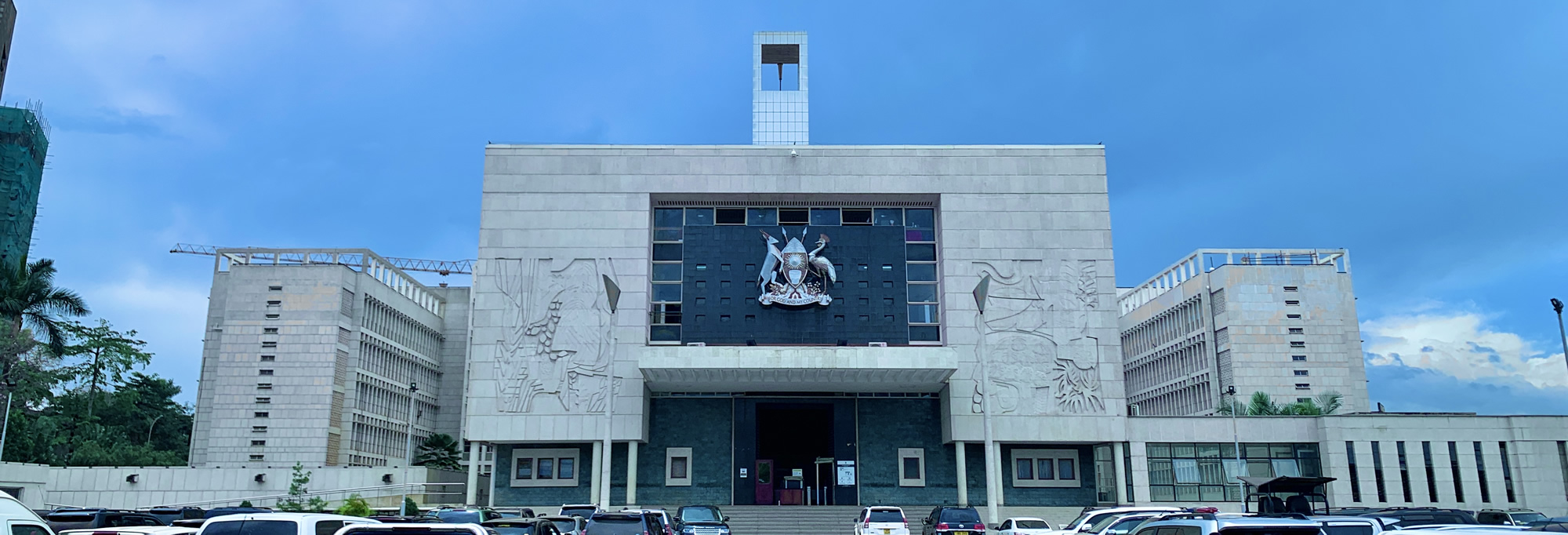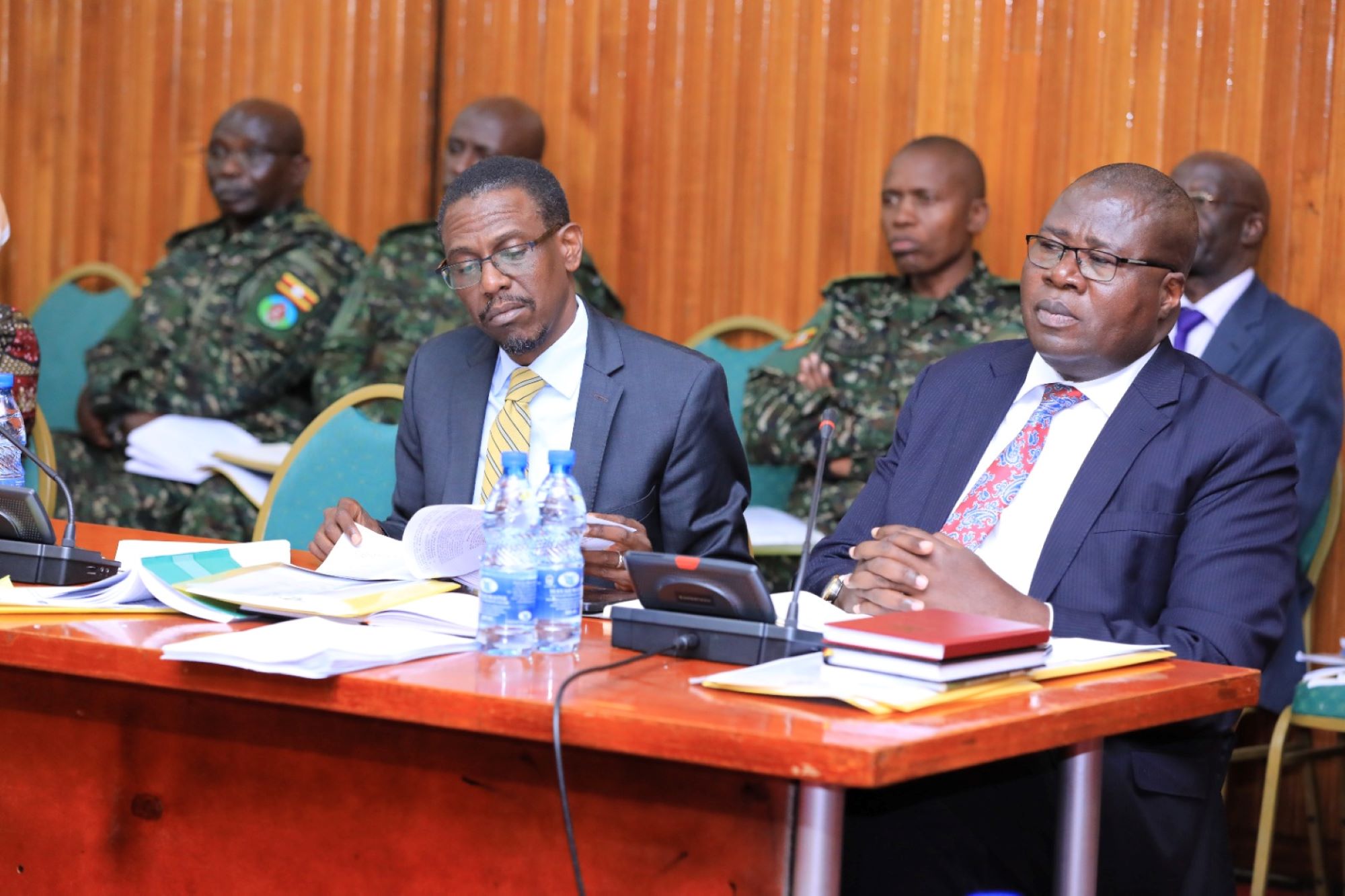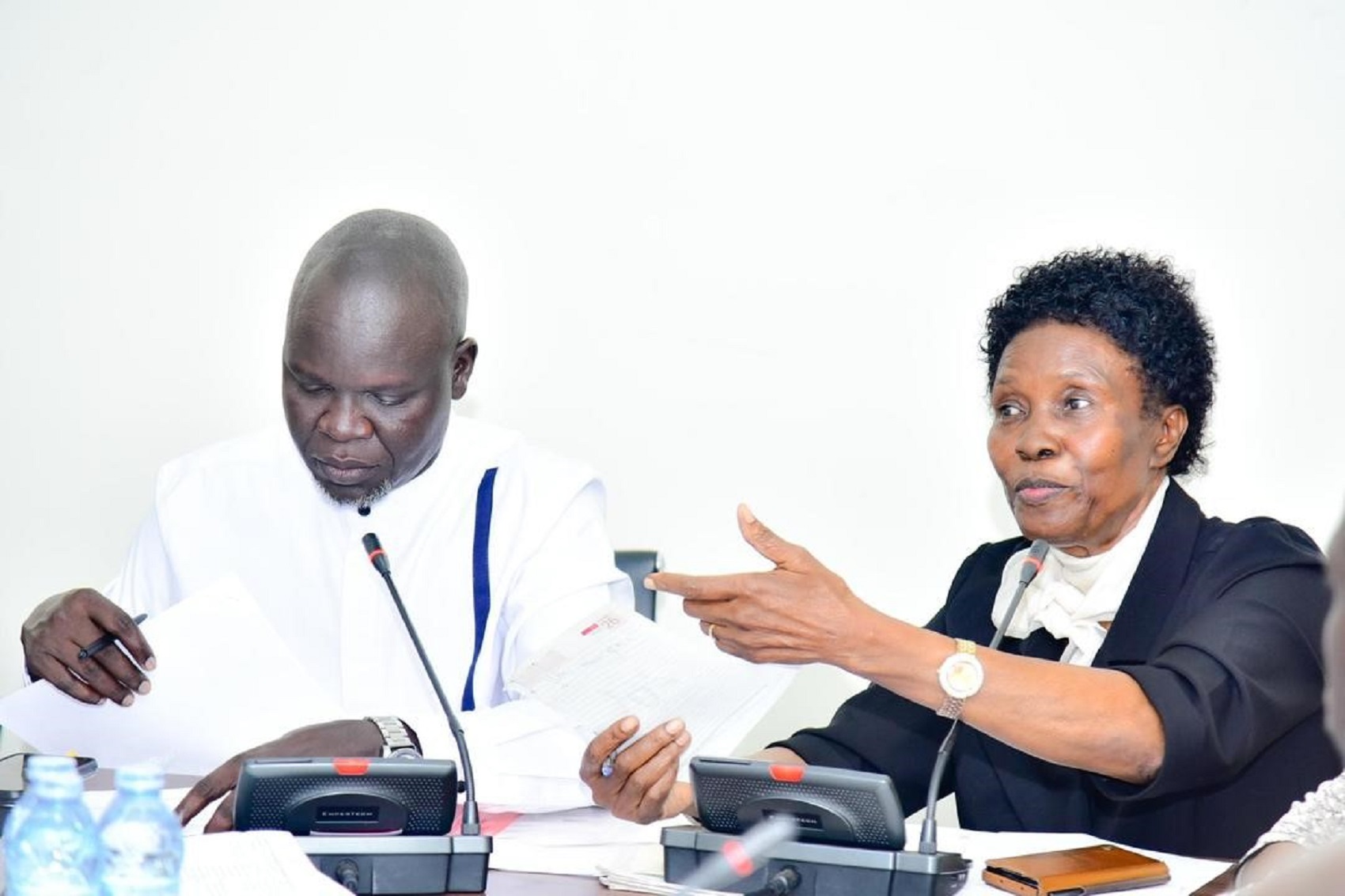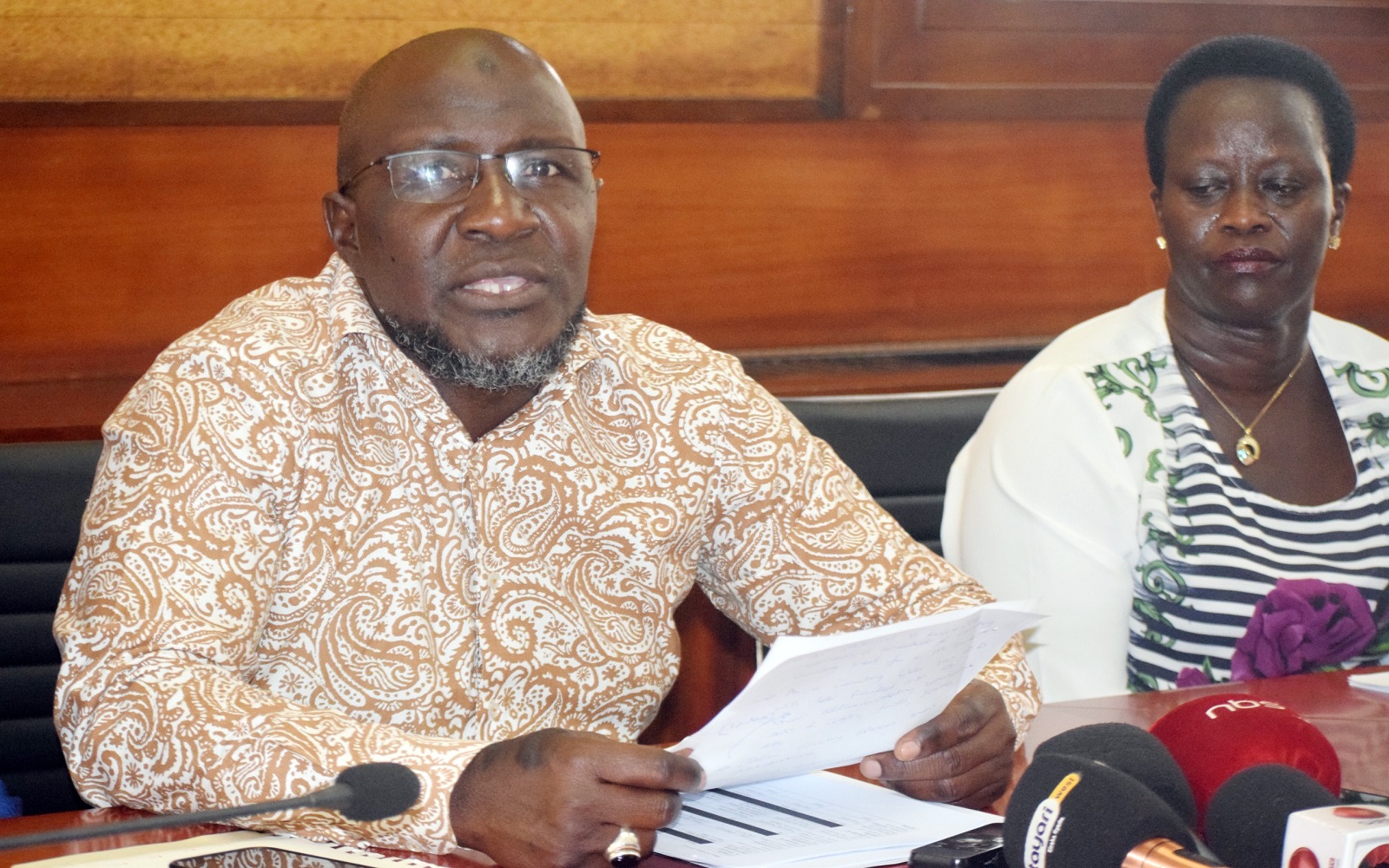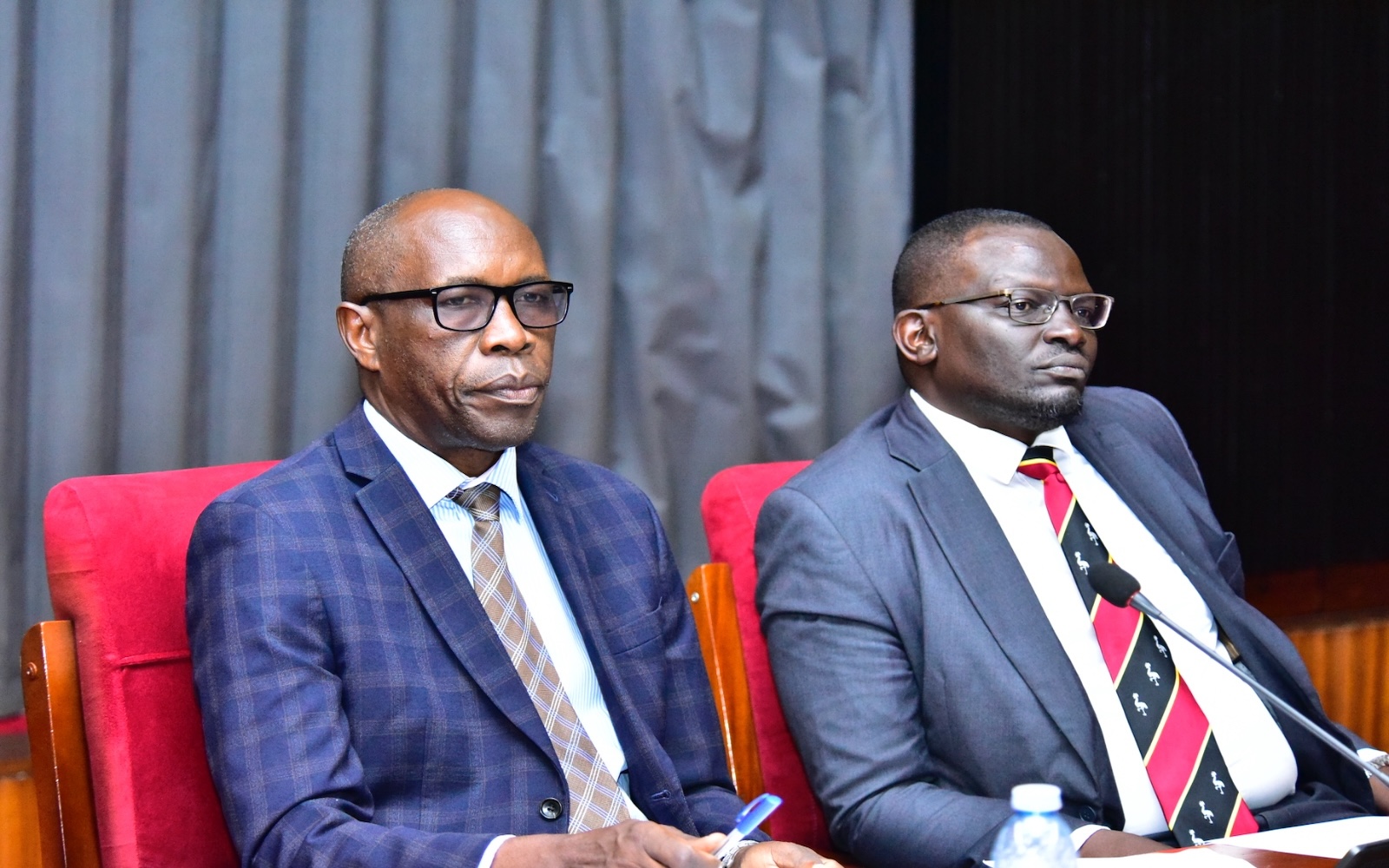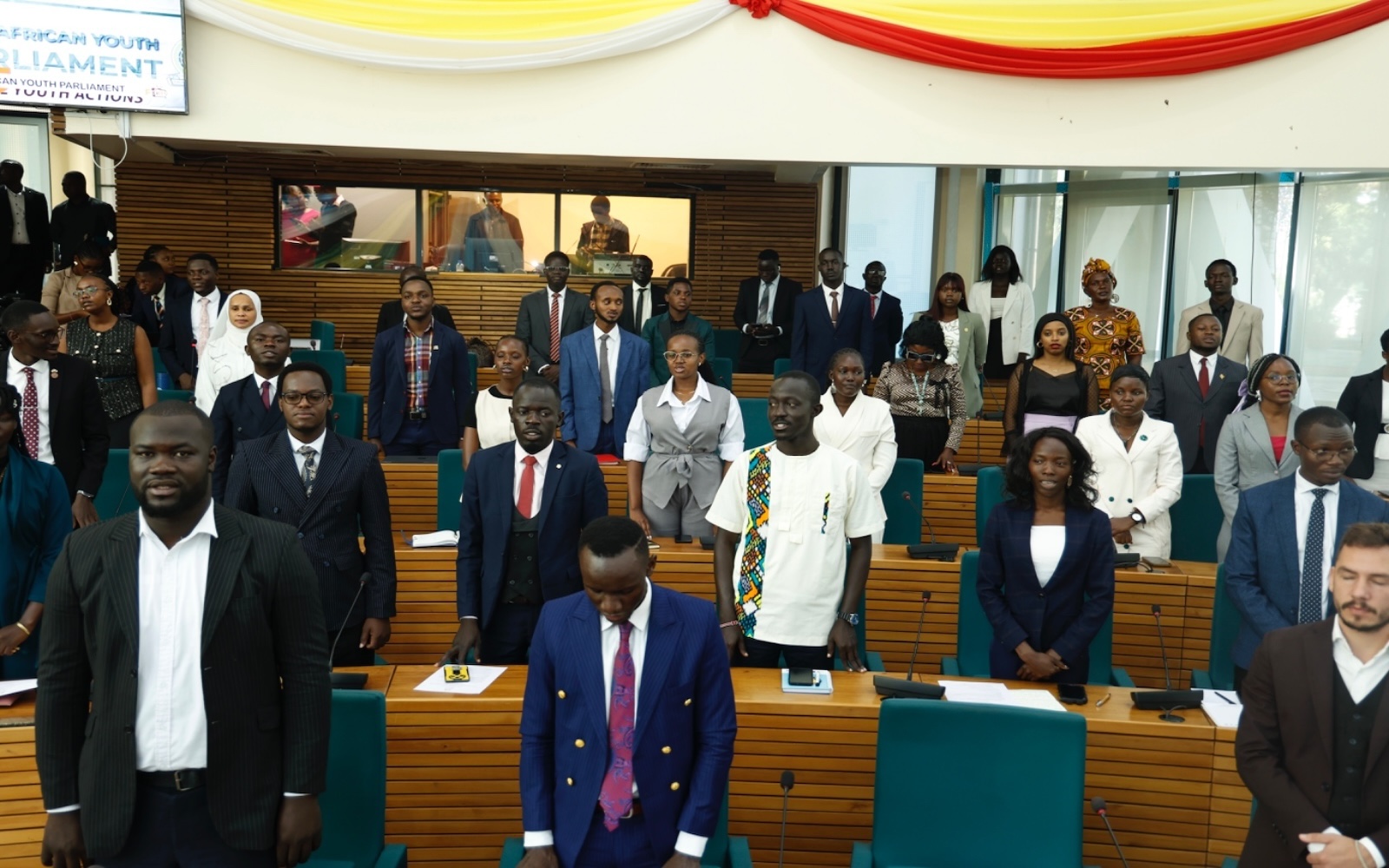The joint Committee on Legal and Parliamentary Affairs and Defence and Internal Affairs has commenced consideration of the Uganda Peoples’ Defence Forces (UPDF) Amendment Bill, 2025, a day after it was presented for first reading in Parliament.
A heated debate ensued as members, government and army representatives disagreed on aspects of the proposal and the interpretation of the Supreme Court ruling on trying of civilians in courts martial.
The Bill seeks to amend the Uganda Peoples Defence Forces Act to streamline the composition of the organs and structures of the defence forces; to provide for the definition of service offence, court martial, military court and reserve force; to provide for the restructuring and reestablishment of the courts martial in defence forces in accordance with the Constitution and related matters.
The meeting, attended by officials from the Ministry of Defence led by the Minister of Defence and Veteran Affairs, Jacob Marksons Oboth and the Attorney General Kiryowa Kiwanuka, became a platform for legislators to voice concerns over what they termed as attempts to sidestep constitutional safeguards and Supreme Court interpretations.
Hon. Jonathan Odur (UPC, Erute County South), questioned the legal basis of the proposed amendments, citing a Supreme Court ruling that, according to him, found it unconstitutional to try civilians in military courts.
“The mover seemed to have created his own judgment and now it is being used here,” Odur said, demanding the Attorney General to provide the specific paragraphs of the ruling being referenced.
Hon. Mathias Mpuuga (NUP, Nyendo-Mukungwe Division), cautioned against elevating the UPDF Act above the Constitution.
“Taking these amendments at face value would mean that the UPDF Act is now the supreme law of the land,” he said. Mpuuga also challenged the rationale behind assuming civilian courts are inadequate to try certain offences.
Hon. Abdu Katuntu (Ind., Bugweri County) directed his frustration at court martial officers, blaming them for misapplying the law and triggering the controversy.
While supporting court martial trials for civilians found with serious military-grade weapons, Katuntu criticised the inclusion of minor issues like military attire or footwear as grounds for court martial.
Hon. Naboth Namanya (Rubabo County) raised alarm over provisions in the Bill that seek to reserve black ceremonial shoes exclusively for the military, saying this could unfairly implicate civilians.
“Even the Minister is wearing the same shoes. So, you may end up being the first person paraded before the court martial,” he said.
In contrast, Labwor County MP, Hon. Norman Ochero defended the court martial system, saying it instils discipline in the armed forces and deters misuse of firearms.
“The moment you do not have a court martial, the army would become ragtag,” he warned.
The Attorney General, Kiryowa Kiwanuka, however dismissed claims that the Supreme Court had prohibited the trial of civilians in military courts.
“I can state without fear of contradiction that the Supreme Court did not say civilians cannot be tried in the court martial,” he said.
He explained that the ruling pointed out procedural and constitutional defects in the way the military court was set up and how offences were defined, but did not issue an outright ban.
“Different judges approached the issue in different ways. The problem was with the constitutional set-up of the court and the vagueness of offences, not the principle of trying civilians,” he said.
